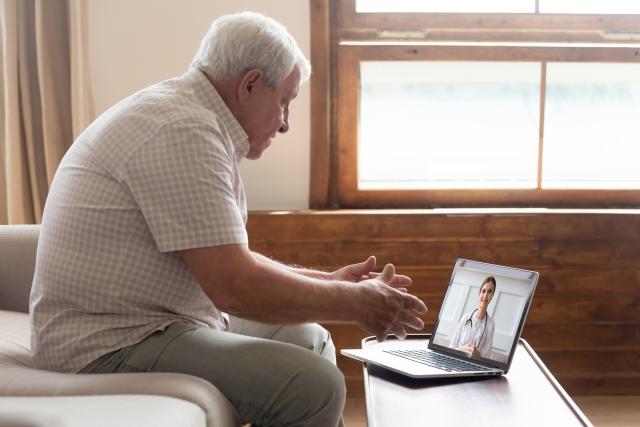
By Fiona Gowers
As a rural reporter, interviews are rarely quick chats. Tea and coffee are poured, family is met and life stories shared around the kitchen table.
Friendships are formed through the extreme highs and lows that only farm living can produce and, often, the urge to do more for subjects than simply share their stories of survival becomes too strong.
And, so it was for agricultural journalist Megan Gomez who for eight years reported on droughts, floods and fluctuating commodity prices for Victorian publications, the Pakenham Gazette, The Weekly Times and the Herald Sun.
Seeing first-hand the mental health impact natural disasters had on individuals and families – and how difficult it was for them to access professional help – sowed the seed for Rural Health Connect.
Rural Health Connect is an online platform that links people in regional Australia with psychologists online using video-conferencing technology and, when needed, telephone.
It originated in central Queensland – where Ms Gomez later moved – in response to an urgent need for better access to mental health services and it has since expanded throughout the country.
“People living in remote areas deal with drought, bushfire, floods and isolation – on top of life’s other pressures – yet access psychologists at a fifth of the rate of city people,” Ms Gomez said.
“The lack of professionals in rural areas, long drives to appointments, lack of privacy in small towns and stigma are all deterrents to seeking help.
“We want everyone, regardless of where they live or their life circumstances, to be able to access the psychologist that is right for them.
“Waiting lists can be months long. If someone puts their hand up and asks for help they should be able to access it then and there. The need is huge.”
Launched in September 2019, Ms Gomez’s first big challenge was to develop software that streamlined the entire process, from appointment booking to consultation delivery.
“This was before Covid and before telehealth, so we were creating what is now commonplace,” she said.
“But, we own the software now, it is unique to us and it is ever-evolving. It allows psychologists to have a profile on our website, which clients can view before they book their appointments.
“I think telehealth has helped enormously in small rural communities where everyone knows everyone.
“People can see whose car is parked outside the one psychologist’s office in town and gossip starts from there. Telehealth offers privacy, which removes that barrier to accessing health services.”
Rural Health Connect now has more than 90 psychologists registered who, combined, complete hundreds of sessions per week.
General practitioners are available for mental health care plans and Ms Gomez has just introduced financial counsellors in the bushfire-ravaged areas of Queensland and Victoria as “a lot of emotional distress comes from financial hardship”.
“The health professionals on our platform are amazing,” she said.
“They have put up their hand because they want to be involved in helping rural communities through mental health challenges.
“They work in private practice and are mostly from rural areas so they have that background and interest and can really connect with those people in need.”
Ms Gomez said referrals to Rural Health Connect are received from “all over rural Australia” including from GPs, bushfire recovery support case workers, allied health agencies and word of mouth.
Bulk billing is available.
“We have high hopes for the growth of Rural Health Connect. It’s getting there now and I’m starting to feel the rewards of helping so many rural people access mental health services.
“Finding a way to pay the bills will be an ongoing challenge but the Queensland and Victorian Governments have been extremely supportive with grants and allowing us to source funds.”
Ms Gomez grew up in Tonimbuk, where her parents still live.
Please visit www.ruralhealthconnect.com.au







